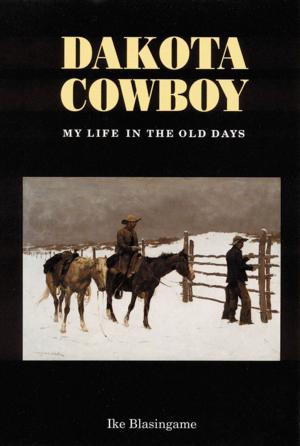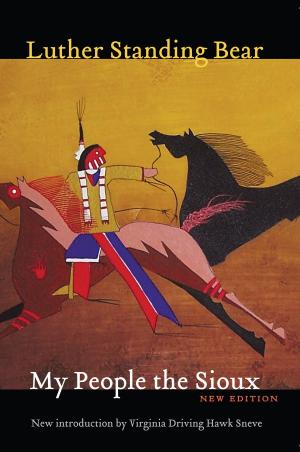Political Struggle, Ideology, and State Building
Pernambuco and the Construction of Brazil, 1817-1850
Nonfiction, History, Americas, South America, Modern, 19th Century, Social & Cultural Studies, Political Science| Author: | Prof. Jeffrey Carl Mosher, PhD | ISBN: | 9780803299870 |
| Publisher: | UNP - Nebraska | Publication: | July 1, 2016 |
| Imprint: | University of Nebraska Press | Language: | English |
| Author: | Prof. Jeffrey Carl Mosher, PhD |
| ISBN: | 9780803299870 |
| Publisher: | UNP - Nebraska |
| Publication: | July 1, 2016 |
| Imprint: | University of Nebraska Press |
| Language: | English |
The collapse of the Portuguese empire in the Americas in the early nineteenth century did not immediately or easily translate into the formation of the independent nation-state of Brazil. While “Brazil” had geographic meaning, it did not constitute a cohesive political identity that could draw on basic loyalties. The tumultuous struggle to nationhood in Brazil was marked by the interplay of differing social groups, political parties, and regions. A series of violent revolts in Pernambuco, a large slaveholding, sugar-producing province in northeastern Brazil, exposed the tensions accompanying state and nation building. Political Struggle, Ideology, and State Building delves into the complex and engaging history of the contested province of Pernambuco, providing better understanding of the interplay between local and provincial social and political struggles and the construction of the nation-state.
Jeffrey C. Mosher reevaluates political parties, institutions long assumed to be mere facades for elite factions with identical interests. He demonstrates the importance of both formal political institutions and ideology, as well as the efforts of the lower classes to assert their own visions and values. Resentment of the Portuguese provided common ground for some elite factions and lower-class groups and figured importantly in defining the nation. Mosher’s analysis clarifies how the lower class’s assertiveness—in a society sharply divided by slavery, race, and class—frightened various elite groups into embracing both exclusionary discourses on race and the need for authoritarian, centralized political institutions, a development that proved to be an enduring legacy of the period.
The collapse of the Portuguese empire in the Americas in the early nineteenth century did not immediately or easily translate into the formation of the independent nation-state of Brazil. While “Brazil” had geographic meaning, it did not constitute a cohesive political identity that could draw on basic loyalties. The tumultuous struggle to nationhood in Brazil was marked by the interplay of differing social groups, political parties, and regions. A series of violent revolts in Pernambuco, a large slaveholding, sugar-producing province in northeastern Brazil, exposed the tensions accompanying state and nation building. Political Struggle, Ideology, and State Building delves into the complex and engaging history of the contested province of Pernambuco, providing better understanding of the interplay between local and provincial social and political struggles and the construction of the nation-state.
Jeffrey C. Mosher reevaluates political parties, institutions long assumed to be mere facades for elite factions with identical interests. He demonstrates the importance of both formal political institutions and ideology, as well as the efforts of the lower classes to assert their own visions and values. Resentment of the Portuguese provided common ground for some elite factions and lower-class groups and figured importantly in defining the nation. Mosher’s analysis clarifies how the lower class’s assertiveness—in a society sharply divided by slavery, race, and class—frightened various elite groups into embracing both exclusionary discourses on race and the need for authoritarian, centralized political institutions, a development that proved to be an enduring legacy of the period.















